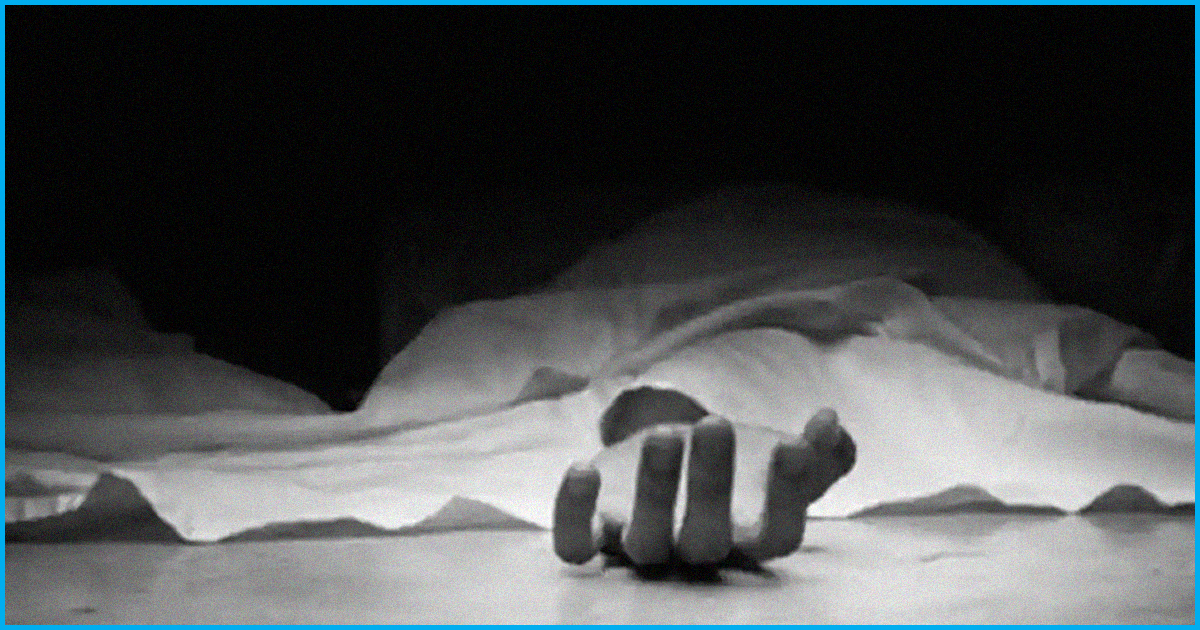
Odisha: Woman And Her Four Children Killed By Villagers Over Suspicion Of Witchcraft; Six Arrested
1 Feb 2019 1:10 PM GMT
Editor : Sumanti Sen
Sumanti Sen is an English Literature graduate who believes "there's just one kind of folks. Folks.".
Six men have been arrested for breaking into a woman’s house in eastern Odisha state and hacking her and her four children to death over suspicion that she was a witch and had killed a girl. One of the children the men killed was a 10-month-old baby.
What had happened?
Investigating officer Sushant Dash said that furious villagers broke into the woman’s house, killed her and her children with farm tools and dumped their bodies in a well. He further said that the six men included a local witch doctor, and they have been charged with murder and other offences under Odisha’s Prevention of Witch Hunting Act, reported SBS News.
Dash said that the perpetrators have confessed that they committed the murders due to witchcraft, and the suspects were hunted after the woman’s husband, who was away during the killing, lodged a complaint. He further said that in the coming days, two or three more people may also be arrested. The woman, Munda, lived in a tribal settlement in Sundergarh district, reported BBC News.
The woman was believed to be a witch after a 12-year-old girl in the village fell ill and died. A witch doctor, who apparently heals ailments he believed to have been caused by witchcraft, told the villagers that the woman had cast a spell on the deceased girl.
“It is a form of violence against women and strict law alone cannot stop such crimes, we need to educate them,” said Anuradha Mohanty, head of the People’s Cultural Centre, a local child and women’s rights group.
The Logical Indian take
A part of India’s ‘red corridor’, a Maoist insurgency and marginalization in Odisha is the reason behind maternal mortality, literacy and child malnutrition rates in the country. Besides that, National Crime Records Bureau says that in 2016, there have been 134 cases of murders linked to witch hunts in 2016, with Odisha recording the most incidents after Jharkhand.
People who have limited access to healthcare, education and development are mostly the ones amongst whom superstition and occult beliefs are most prevalent. Experts say that villagers often tend to consult witch doctors who suggest cures like burning children with hot iron or clay.
Harrowing as it sounds, this practice of branding people, mostly women, of being witches and torturing and killing them is common in many parts of India, particularly in Odisha. Murders linked to witchcraft are on the rise in Odisha. Last year, nine people received the death penalty last year for murdering three members of a family, accusing them of witchcraft.
For similar reasons, women are often targeted in Jharkhand and Assam. But strict law against such crimes alone cannot curb it. What is most important is education and proper awareness. In several cases, if not killed, women and their families are boycotted on the suspicion of witchcraft.
What goes through families which are unreasonably targeted and killed is unimaginable. If the reason behind these beliefs being prevalent is lack of education among tribals and poor developmental activities, then these are the issues that need to be fixed. Women are tortured, axed to death over suspicion of something that does not even exist.
Women across the country have been victims of social evil for ages now, be it dowry or witchcraft. The horror is that for millions of women in our country, the ‘witchcraft’ is not a throwback to Europe’s Dark Ages or the pages of Harry Potter books. The word is stunningly real and tangible, and a legitimate threat to their lives and also of those of their families.
However, the Odisha Prevention of Witch Hunting Act, 2013, aims at prohibiting witch-hunting and other practices which are similar. Witch hunting, branding a woman as a witch and other similar practices causing harm to any person are punishable offenses. Odisha Live reported that committing with-hunting and provoking one to do the same is punishable with imprisonment for a term that may be extended to three years or with fine, not less than Rs 1,000 or with both. Practicing witchcraft with the intention of causing harm is punishable with imprisonment for a term not less than one year but may extend to three years or with fine, not less than Rs 5,000 or with both.
Also Read: Ranchi Court Grants Life Imprisonment To 13 For Lynching 5 Women Over Suspicion Of Being Witches
 All section
All section













